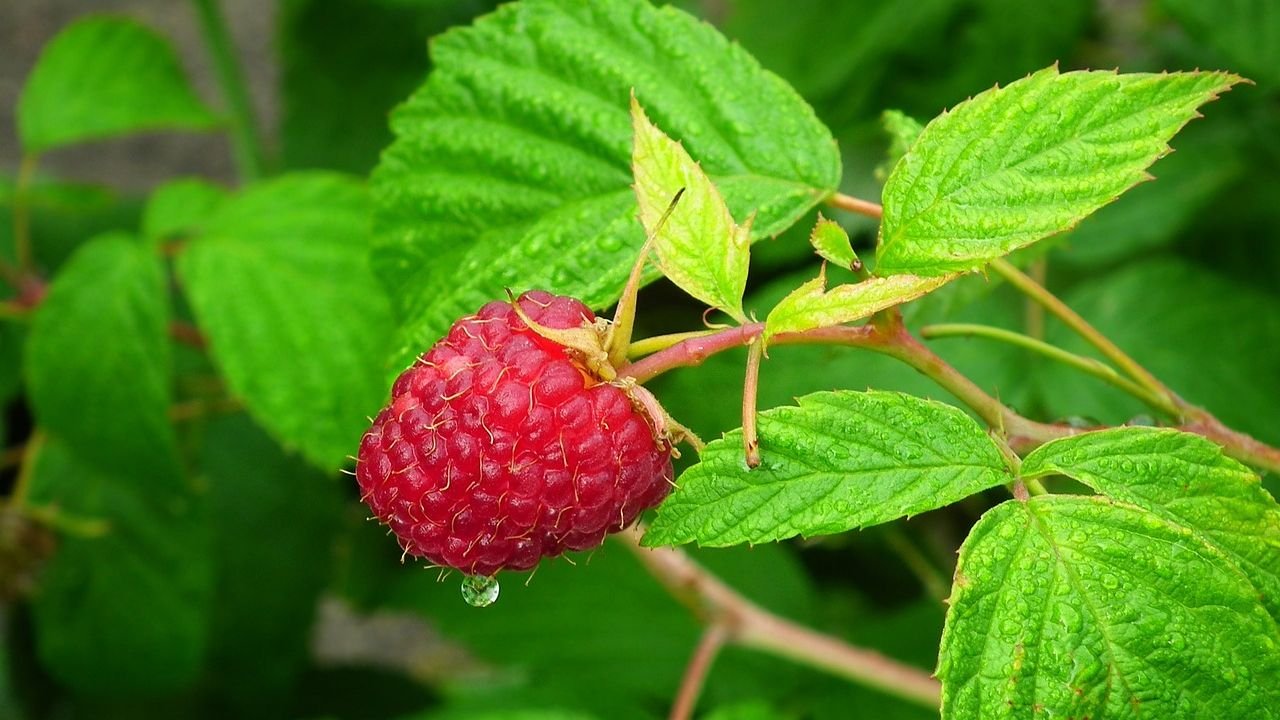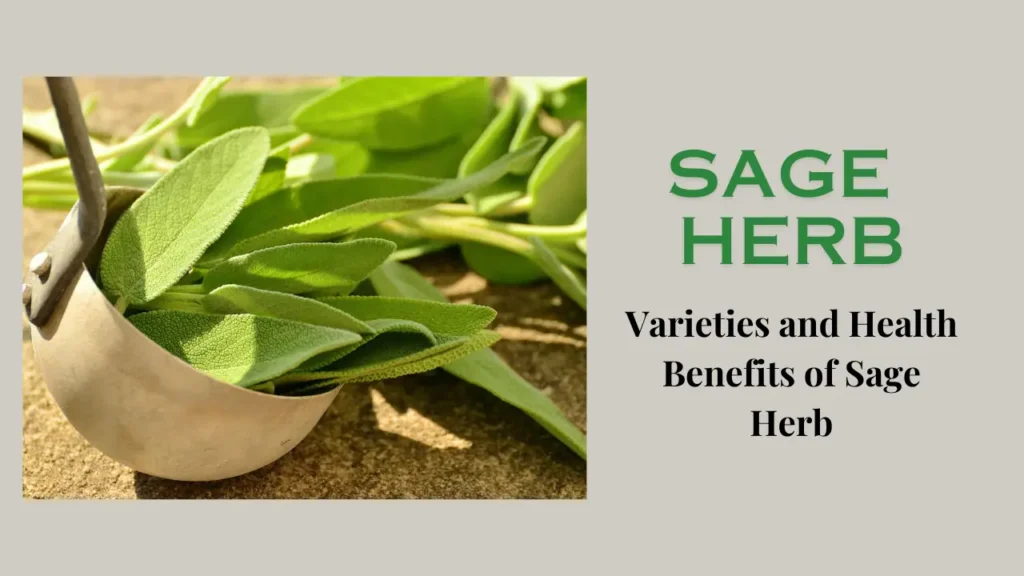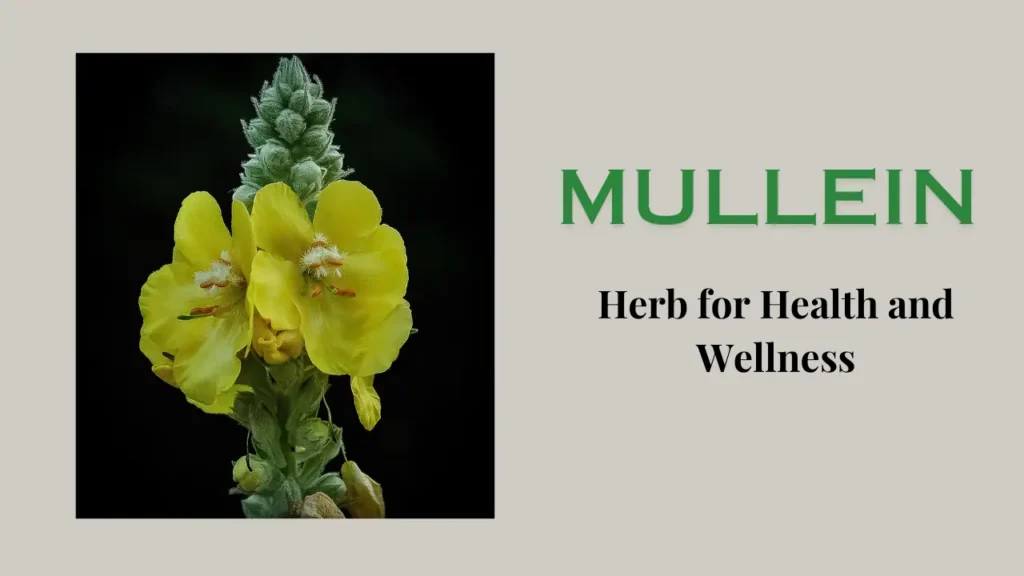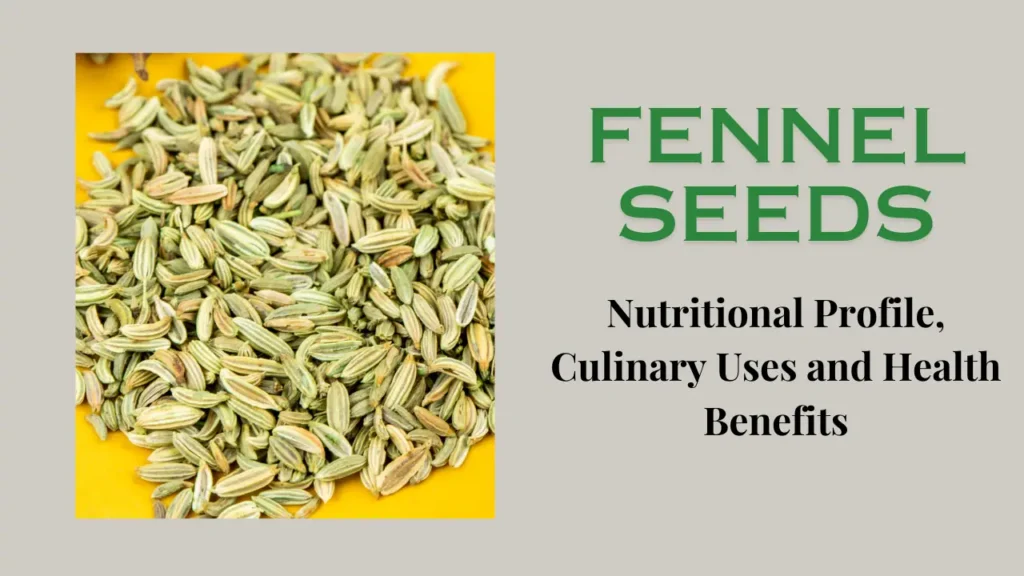
The scientific name of the Raspberry leaf is Rubus idaeus. It is a herb that has been used in traditional medicine for centuries. It provides many health benefits but take any herbal medicine only on the advice of a doctor.
quick list of Raspberry leaf
| Scientific name | Rubus idaeus |
| Synonyms | European Raspberry, Red Raspberry, Common Raspberry |
| Family | Rosaceae |
| Common name | Raspberry leaf |
| Habit | Perennial shrub |
| Sunlight | prefer sunlight |
| Plant part use | leaf |
| Habitat | thrives in temperate regions and is commonly found in North America, Europe, and parts of Asia |
| Plant height | Grows up to 1-2 meters tall |
| Cultivation | commonly cultivated in garden |
| Soil | Well-drained fertile soil, slightly acidic to neutral pH |
Chemical Composition
It contains various bioactive compounds such as tannins, phenolic acids, minerals (potassium, calcium, and magnesium), vitamins (vitamins C and A), and flavonoids. These bioactive compounds provide numerous health benefits.
Ayurvedic Properties
Rasa (Taste): slightly bitter
Virya (Potency): cooling
Vipaka (post-digestive effect): sweet
Prabhava (special effect): strengthens the uterine muscles
Medicinal Properties
Raspberry leaf is valued for its wide range of medicinal properties like:
- Raspberry leaves have the ability to tone the muscles of the uterus.
- It has anti-inflammatory properties that help reduce inflammation.
- Raspberry leaves contain antioxidants. It protects cells from oxidative stress and damage caused by free radicals.
- It has tissue tightening and hemorrhoid-reducing properties, making it useful in diarrhea and bleeding gums.
- It may help with digestive health by soothing the gastrointestinal tract.
Health Benefit of Raspberry leaf
The benefits of raspberry leaf are varied and involve different aspects of health:
- Raspberry leaf may help regulate the menstrual cycle and reduce menstrual cramps.
- It may help maintain a healthy uterus, prepare the uterus for labor, and shorten the duration of labor.
- 2 It may also help reduce diarrhea and nausea, as well as other digestive discomforts.
- It is high in vitamin C and antioxidants, which may help boost the immune system.
- It contributes to healthy skin by reducing inflammation.
Forms of Use: Raspberry leaves can be used in various forms such as tea, tincture, capsule. powder, and extract. Each of these is used for different applications.
Precautions while using Raspberry leaf
Raspberry leaf is generally considered safe for people, but precautions may still be necessary in some cases, such as:
- You should consult a healthcare provider before using raspberry leaf during pregnancy.
- Be alert to allergies and consult a doctor immediately if you have severe allergic reactions.
- Raspberry leaf may interact with some medications, so if you are taking any medication, consult a doctor before using it.
Myths about Raspberry leaf
Many myths are heard about Raspberry leaf. Some of these are described as follows-
1. Myth: Raspberry leaf causes premature labor.
Fact: It is believed that Raspberry leaf strengthens the muscles of the uterus and prepares it for delivery, but it should always be used only after consulting a doctor.
2. Myth: It can cure infertility.
Fact: This is a myth. Raspberry leaf does not cure infertility.
3. Myth: Raspberry leaf tea is harmful to children.
Fact: Its tea is generally considered safe for children when given in limited doses as per the doctor’s advice. Consult a doctor before consuming it.
Remember, before starting any new wellness regimen, it’s always best to consult with a healthcare professional to ensure it is suitable for your specific needs and circumstances.








